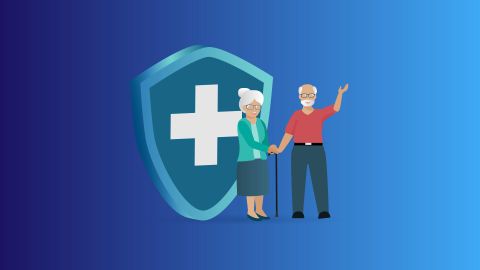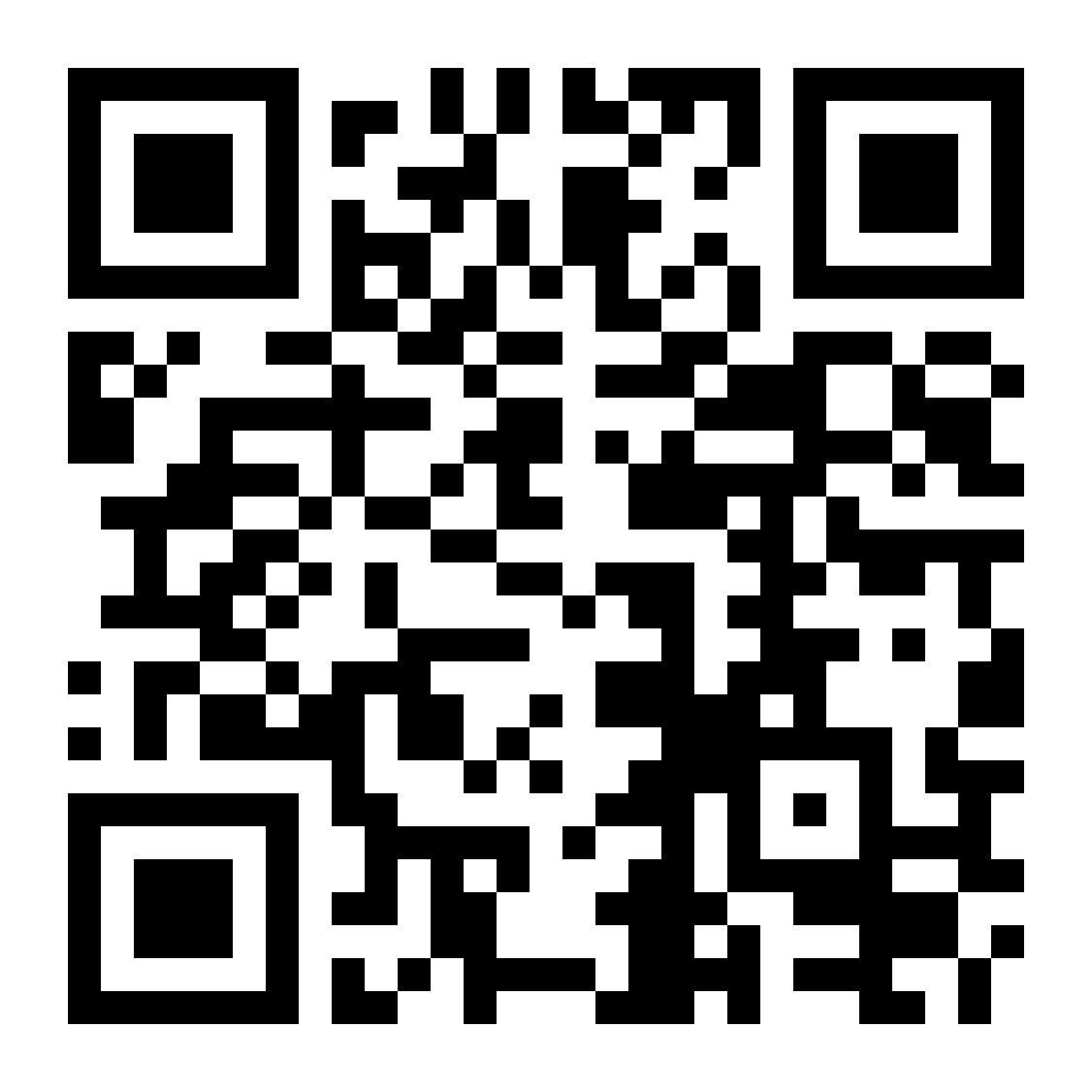Medical treatments can often lead to significant financial strain, especially when dealing with critical illnesses. To alleviate this burden, the Indian government provides tax relief under Section 80DDB of the Income Tax Act. This provision enables taxpayers to claim deductions for medical expenses incurred on specified diseases or medical conditions. Let us explore what Section 80DDB entails, its benefits, eligibility criteria, and how you can make the most of it.
What is Section 80DDB
Section 80DDB is a provision under the Income Tax Act that offers tax deductions for medical expenses incurred on the treatment of specified diseases or ailments. This deduction is available to individuals and Hindu Undivided Families (HUFs) for themselves or their dependents.
Think of this deduction as a financial cushion that helps reduce the out-of-pocket expenses for costly medical treatments. By claiming this deduction, taxpayers can lower their taxable income, thereby reducing the overall tax liability.
For instance, if you or a dependent family member is undergoing treatment for a specified illness, you can claim a deduction under Section 80DDB, provided you meet the eligibility criteria. This provision is especially beneficial for senior citizens, who often face higher medical expenses due to age-related health issues.












